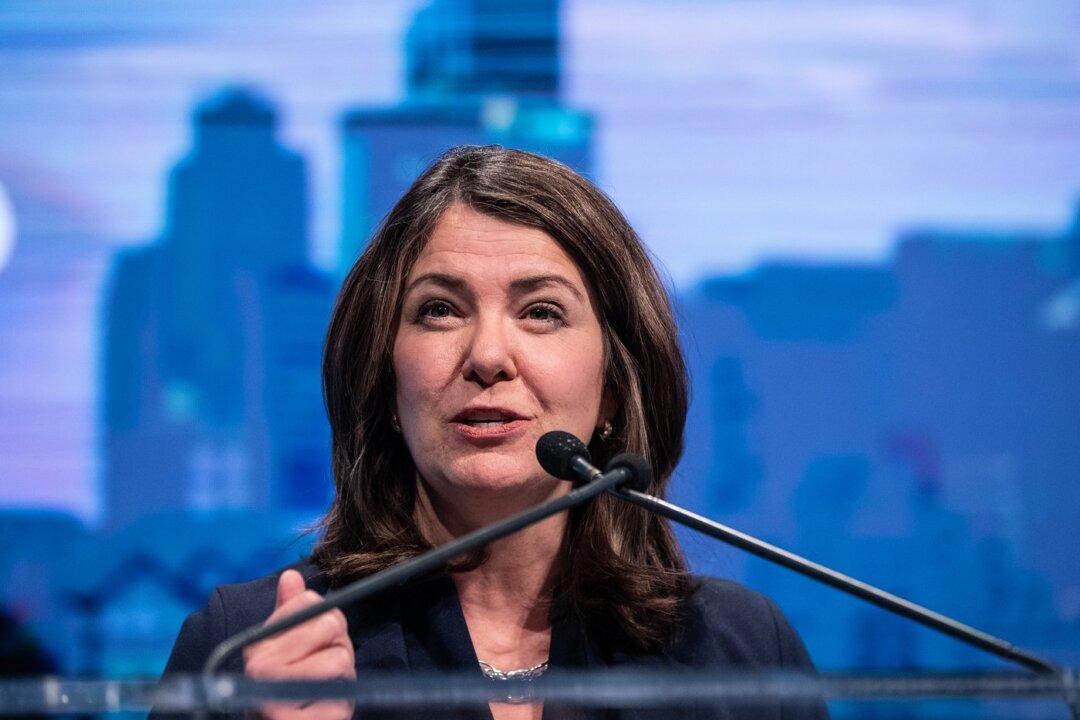Alberta Premier Danielle Smith is welcoming U.S. President Donald Trump’s calls to build the Keystone XL pipeline, a project cancelled by the previous U.S. administration that would have transported Alberta oil to refineries on America’s Gulf Coast.
Trump expressed renewed interest in building the pipeline in a Feb. 24 post on his Truth Social media platform, saying the company building the pipeline was “viciously jettisoned” by the previous administration under Joe Biden. The firm “should come back to America, and get it built –NOW,” he said.





